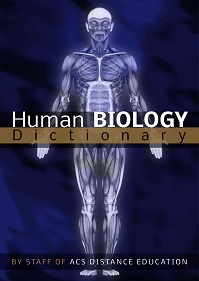
An advanced course on human physiology that will develop further your understanding of the principles of physiology, examining functions of the cells, tissues and systems of the human body. The course details how our bodies maintain internal equilibrium and health while exposed to the most variable range of conditions, such as physical, psychological and environmental factors.
A course designed for health therapists and all those working in health care that want or need to develop a deeper understanding of the human body processes and health maintenance.
Prerequisite: Human Anatomy & Physiology BSC101 or equivalent.